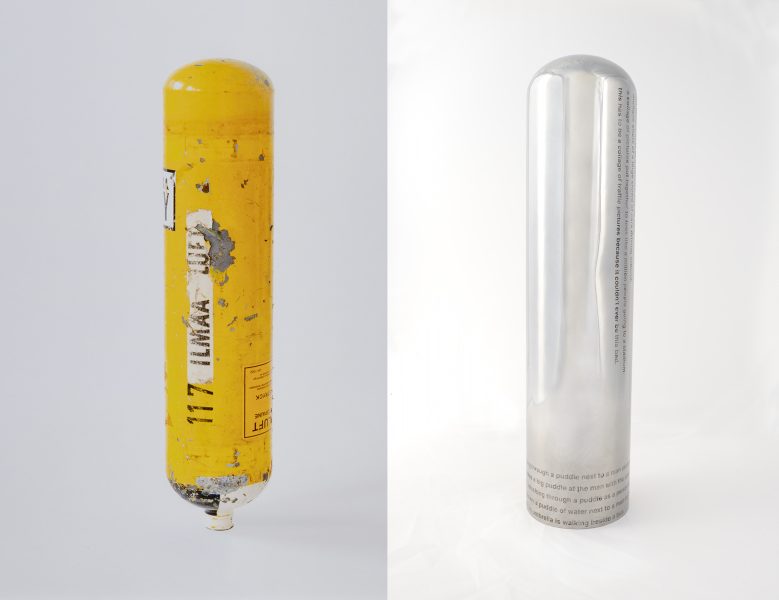Quiz
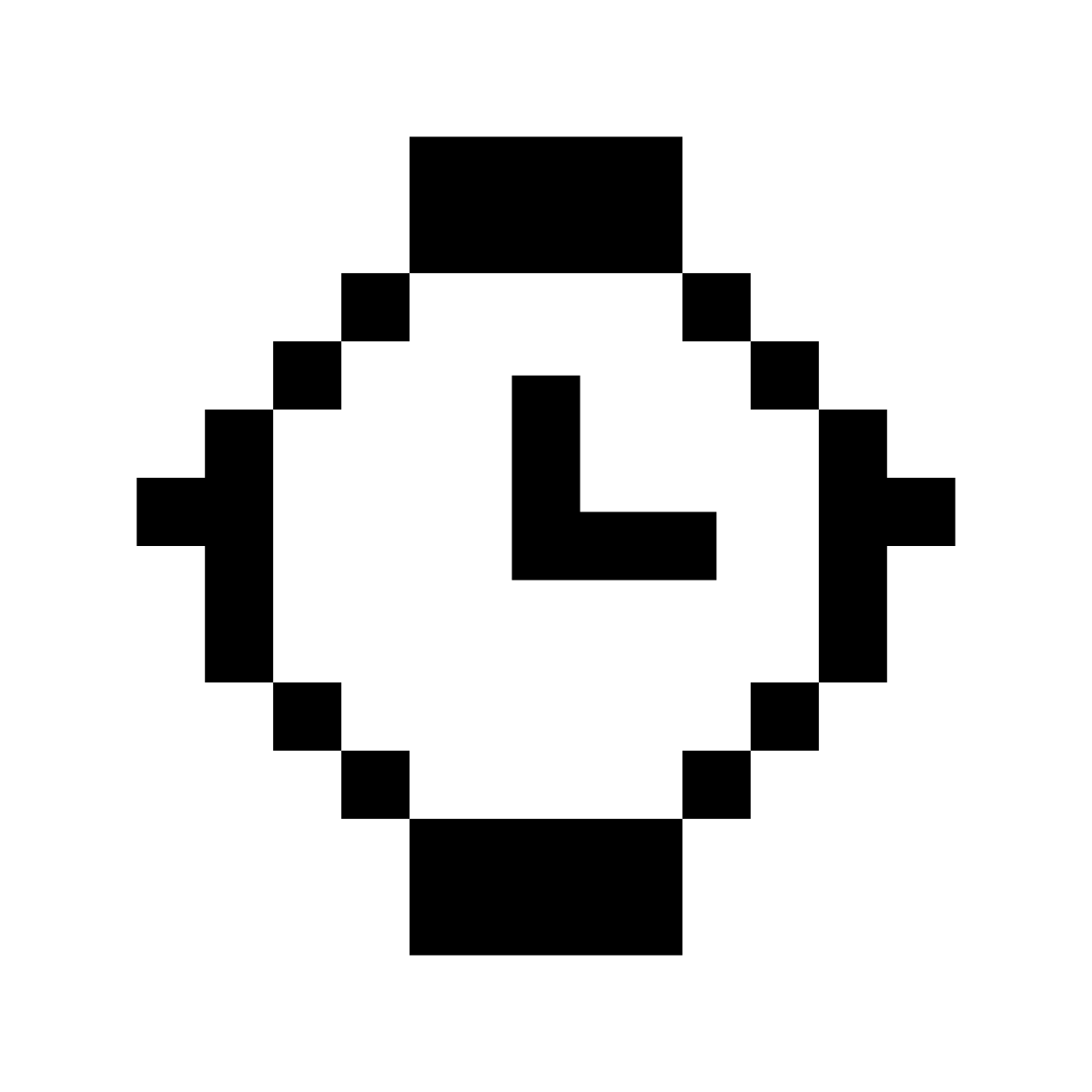 Time: 10–20 min
Time: 10–20 min
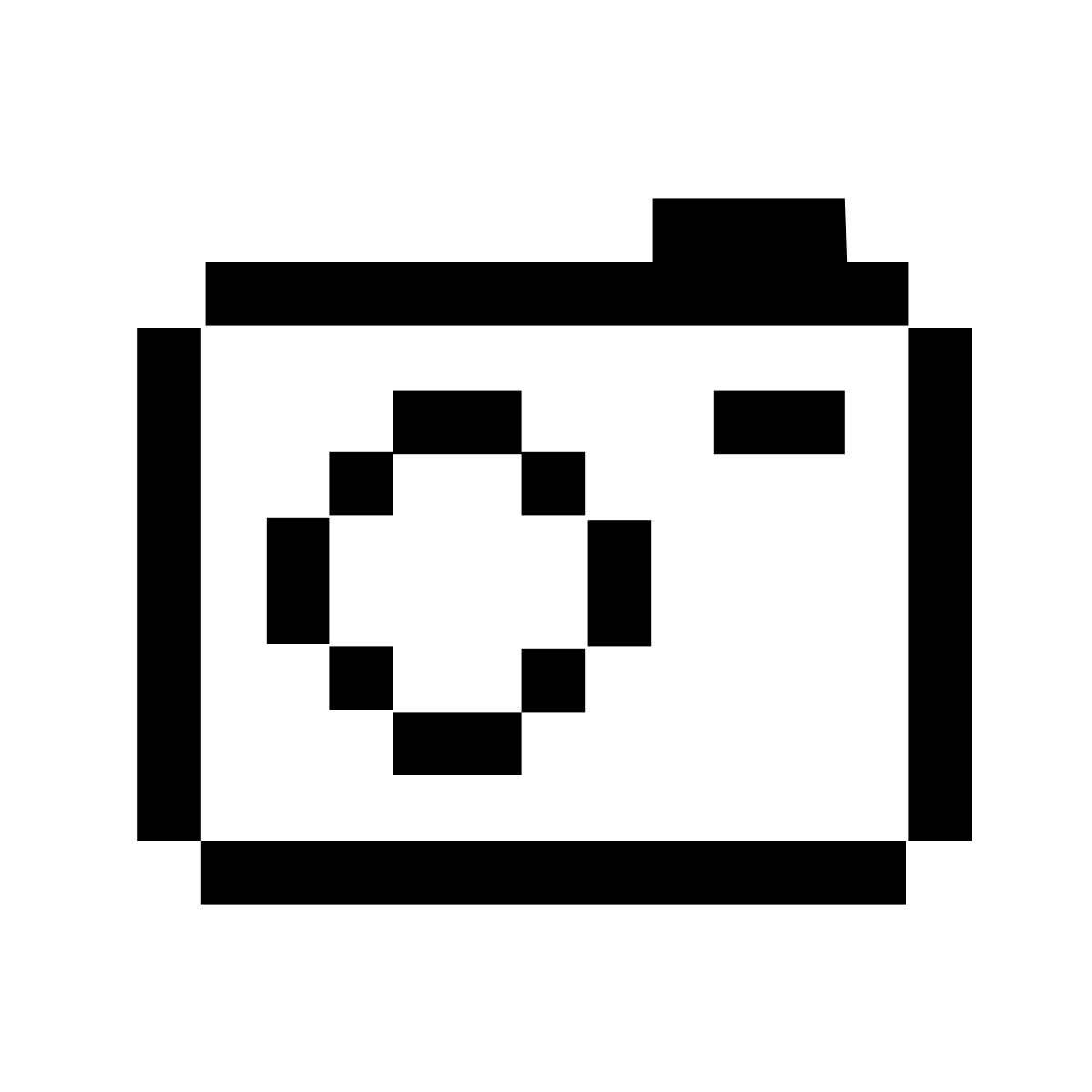 Tools: Computer or tablet
Tools: Computer or tablet
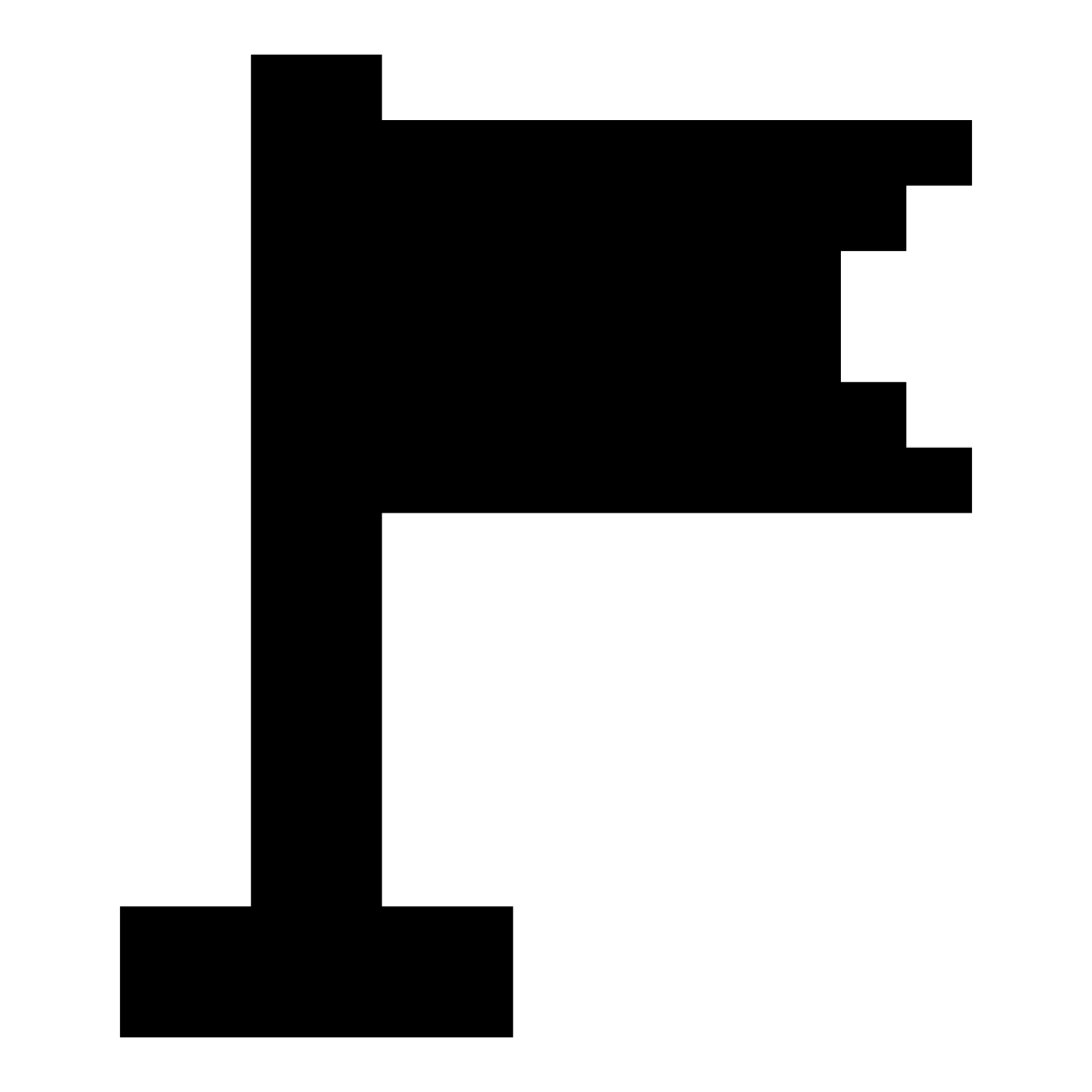 Goal: Get to know how algorithms work and consider their effect on our daily life.
Goal: Get to know how algorithms work and consider their effect on our daily life.
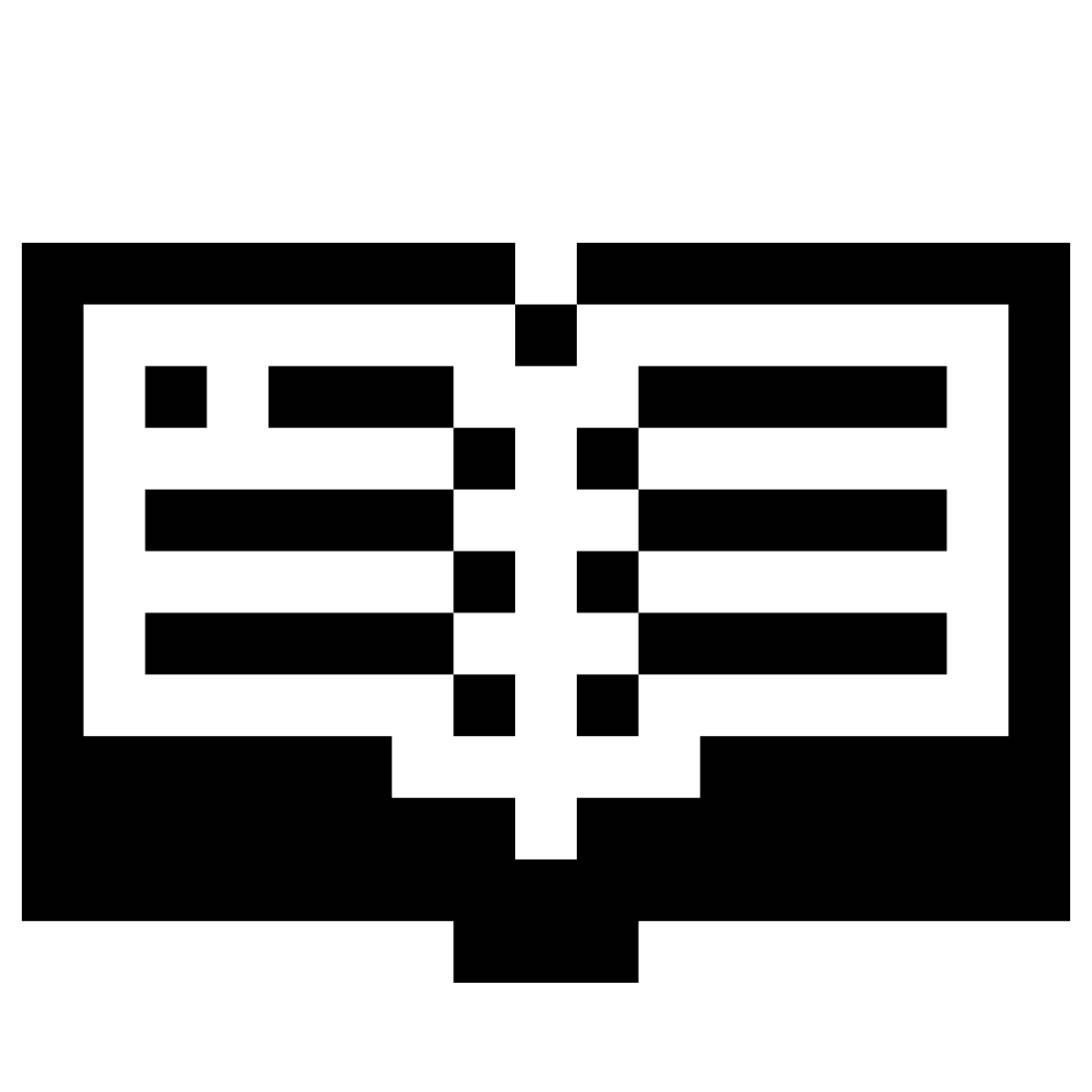 Transversal competences: L4, L5, L7
Transversal competences: L4, L5, L7
Algorithms are rules that direct online platforms. They affect the type of content that for example search engines or social media platforms filter and recommend for us. Algorithms are programmed by humans and therefore the biases and assumptions of the authors affect their functioning. Algorithms affect what kind of images we encounter and how the images we see shape our view of ourselves and the world.
In Yiu and Vasantola’s work an AI trained with the COCO image bank mistakenly identified the oxygen tank as a bus. COCO consists of pictures described by humans following a set of instructions designed to teach AIs. The artists followed the same instructions to make a sculpture of the oxygen tank. It is a human attempt to see as the machine os instructed to see.
Which statements are true?
- An algorithm is a series of commands that performs a specific task step by step according to preset rules.
- An algorithm is part of a computer program.
- The word algorithm is derived from the Persian mathematician and astronomer Muhammad al-Khwarizmi’s name, who lived during the 790-840s.
- Algorithms are always neutral, and they are not able to discriminate.
- Algorithms are also used in daily life.
Did you guess the correct answers? Did you learn something new?
Correct answers:
- True. An algorithm is an exact series of commands, that perform a specific task step by step according to preset rules.
- False. Algorithms are not part of the software of the computer. Instead they are rules that direct internet platforms, programmed by humans.
- True. The word algorithm is derived from the name of the Persian mathematician and astronomer Muhammad al-Khwarizimi, who lived in the 790-840s.
- False. Algorithms are programmed by humans and therefore affected by the biases and assumptions of their authors.
- True. Algorithms are also used in daily life, for example when finding routes.
Lähteet: Self-Presentation: From Norms to Empowerment (2024). from print to pixel. fotomuseum winterthur.
